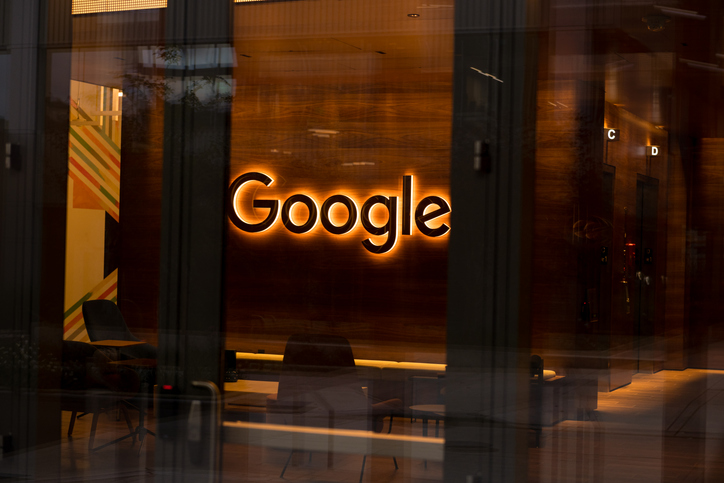The Competition Commission of India (CCI) on Monday through a majority order, has approved a settlement proposal submitted by Google in connection with the Android TV case, marking a key resolution under the newly notified Competition Commission of India (Settlement) Regulations, 2024. The settlement amount has been finalized at ₹20.24 crore after applying a 15% discount as per regulatory provisions.
The case was initiated based on information filed under Section 19(1)(a) of the Competition Act, 2002, by two individuals, Kshitiz Arya and Purushottam Anand. The complaint alleged that Google LLC, along with Google India Private Limited, Xiaomi Technology India Private Limited, and TCL India Holding Private Limited, had contravened several provisions of the Competition Act by abusing its dominant position in the Android TV ecosystem.
According to the allegations, Google enforced restrictive agreements on Original Equipment Manufacturers (OEMs) through the compulsory bundling of the Play Store with its Android TV operating system. Further, it allegedly restricted OEMs from using or developing rival Android versions via Anti-Fragmentation Agreements. These practices, the complainants argued, hindered market access, suppressed competition, and stifled innovation—thus violating Section 4 of the Act.
Following a preliminary assessment, the Commission formed a prima facie opinion that Google had indeed breached provisions under Sections 3(4) and 4 of the Act and subsequently directed the Director General to conduct a full investigation.
The investigation found that Google holds a dominant position in the relevant markets—namely, the “licensable Smart TV device operating system in India” and the “App Store for Android Smart TV OS in India.” It also revealed that Google’s agreements, including the Television App Distribution Agreement (TADA) and Android Compatibility Commitments (ACC), imposed unfair conditions. These included mandatory pre-installation of Google’s suite of apps and restrictions on OEMs that effectively discouraged the development of alternative Android forks, thereby reinforcing Google’s market dominance. However, the allegation of exclusive supply and refusal to deal under Section 3(4) could not be substantiated.
In response, Google filed a settlement application under Section 48A of the Act, following the 2024 Settlement Regulations. The Commission subsequently invited objections and suggestions from 45 stakeholders before evaluating the final settlement terms.
As part of its “New India Agreement,” Google committed to offering a standalone license for the Play Store and Play Services for Android Smart TVs in India. This removes previous conditions that required bundling services or default placements. Further, the waiver of the requirement for a valid ACC for devices shipped into India without Google apps now allows OEMs to develop and market incompatible Android devices without violating Google’s agreements.
After evaluating the gravity, impact, and nature of the contraventions and considering stakeholder feedback, the Commission accepted Google’s proposal under Section 48A(3) of the Act. The final penalty, settled at ₹20.24 crore, incorporates a 15% discount under the Settlement Regulations.
This decision marks a significant development in India’s digital competition landscape and underlines the increasing relevance of settlement mechanisms in resolving complex antitrust issues.




















